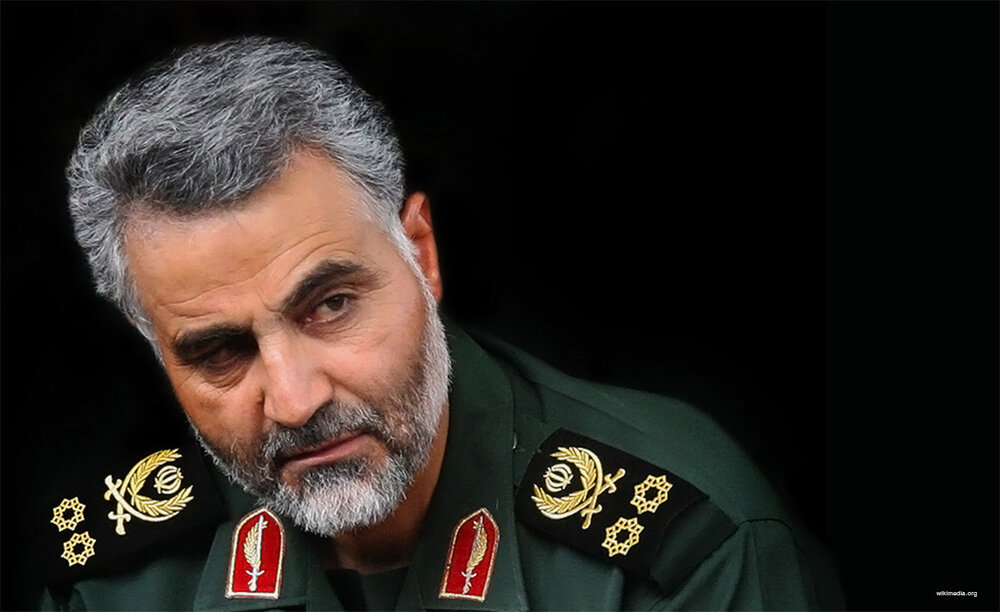Assassination of Major General Soleimani in the light of international law

"Assassination" is a form of extrajudicial execution that is carried out illegally and arbitrarily by a state and is contrary to the principles of human rights under Article 6 of the International Covenant on Civil and Political Rights.
Many states that carry out assassinations refer to the term "targeted killing" to justify their actions. Targeted killing is the targeting of terrorist forces even far from a war situation. In the alleged targeted killing, the targeted individuals must be formally charged with terrorism, and naturally members of the liberation movement and the official personnel of the armed forces of a country cannot be the legitimate targets of the assassination unless they are in conflict and war.
The theory of targeted killing has many opponents, even with the assumption of the killing of official terrorists. The UN Special Rapporteur on Extra-Judicial summary or arbitrary Executions believes that even in the event of armed conflict, the proper requirements of the law must be observed and that a person may not be killed without a fair trial.
Some also state the theory of self-defense to justify targeted killing. Following the 9/11 attacks, the exercise of the right to self-defense against non-governmental terrorist groups was debated and emphasized in Resolutions 1373 and 1386.
In this regard, it should be noted that in the case of self-defense the existence of hostility and the necessity of defense are essential and political conflicts and baseless accusations cannot be a good reason for assassinating the other party.
There are some significant points regarding the assassination of commander Soleimani:
1. Iran and the U.S. have not been at war when commander Soleimani was assassinated. In definition of armed conflict, Article 2 of the Geneva Conventions reads: the present Convention shall apply to all cases of declared war or of any other armed conflict which may arise between two or more of the High Contracting Parties, even if the state of war is not recognized by one of them. The International Criminal Tribunal for the former Yugoslavia (ICTY) also describes the armed conflict as the use of armed forces by two states.
The question now is that on what front Iran and the U.S. are involved in an armed conflict that the U.S. considers an Iranian military official, who was attending an official meeting outside the territory of Iran, as a legitimate target?
2. Another considerable point is that the U.S. has resort to the allegation of “Terrorist act by the IRGC”. In this regard, it should be noted that the U.S. claims over calling the IRGC terrorist is completely illegal and contrary to international law.
The IRGC is part of the Iranian official sovereignty, and under Article 2 of The U.N. Convention on Jurisdictional Immunities of States and Their Property, it is not possible for the U.S. to prosecute the Iranian government through domestic courts.
On the other hand, under Article 5 of the Convention, U.S. domestic courts cannot prosecute the IRGC, an element of the Islamic Republic of Iran, and its members. Therefore, considering the IRGC as terrorist to justify hostile acts is futile. The U.S. cannot unilaterally declare the IRGC a terrorist organization and fight it, while no international body, including the Security Council, considers the IRGC to be a terrorist organization.
Meanwhile, the IRGC is a main military body in Iran and follows the provisions of the Geneva Convention, so it cannot be known as terrorist.
Accordingly, Soleimani's assassination is undoubtedly a clear violation of all rules on armed conflicts and legitimate defense mechanisms in the world. Therefore, the U.S. cannot legally justify its act of terrorist.
Leave a Comment